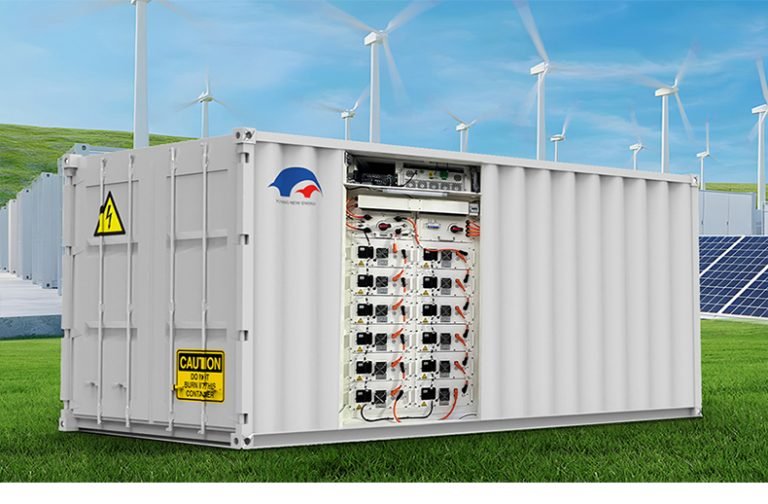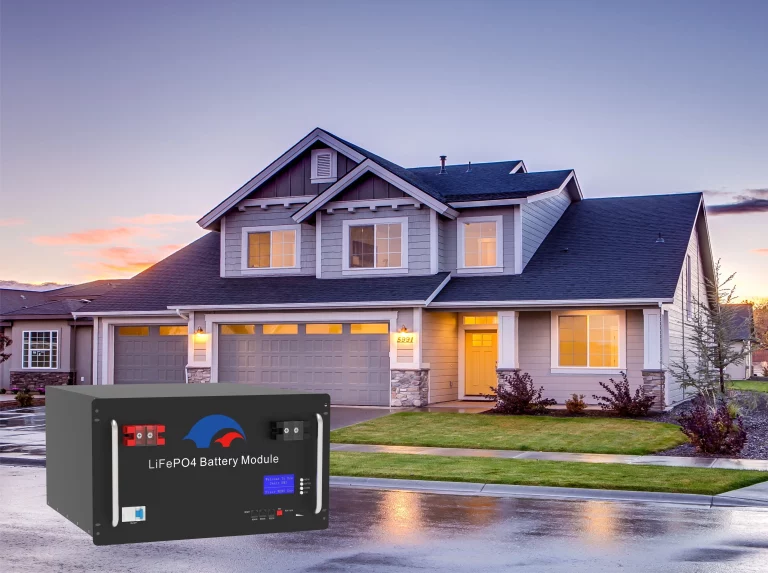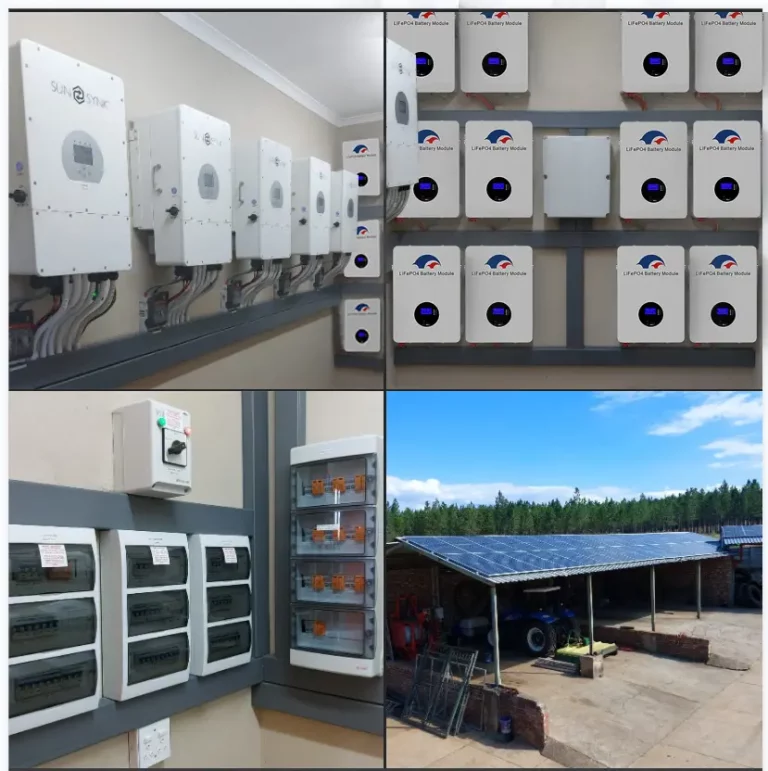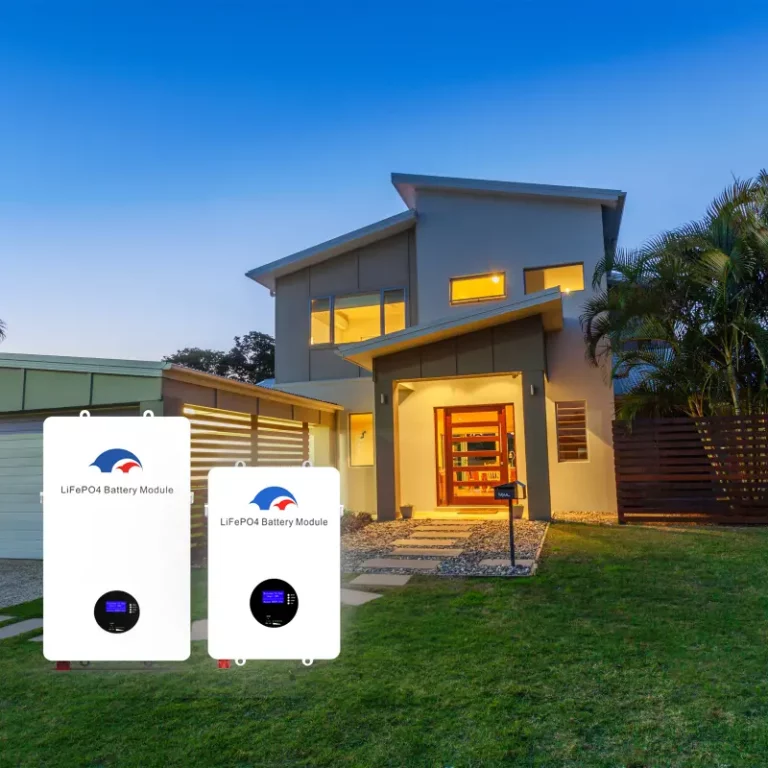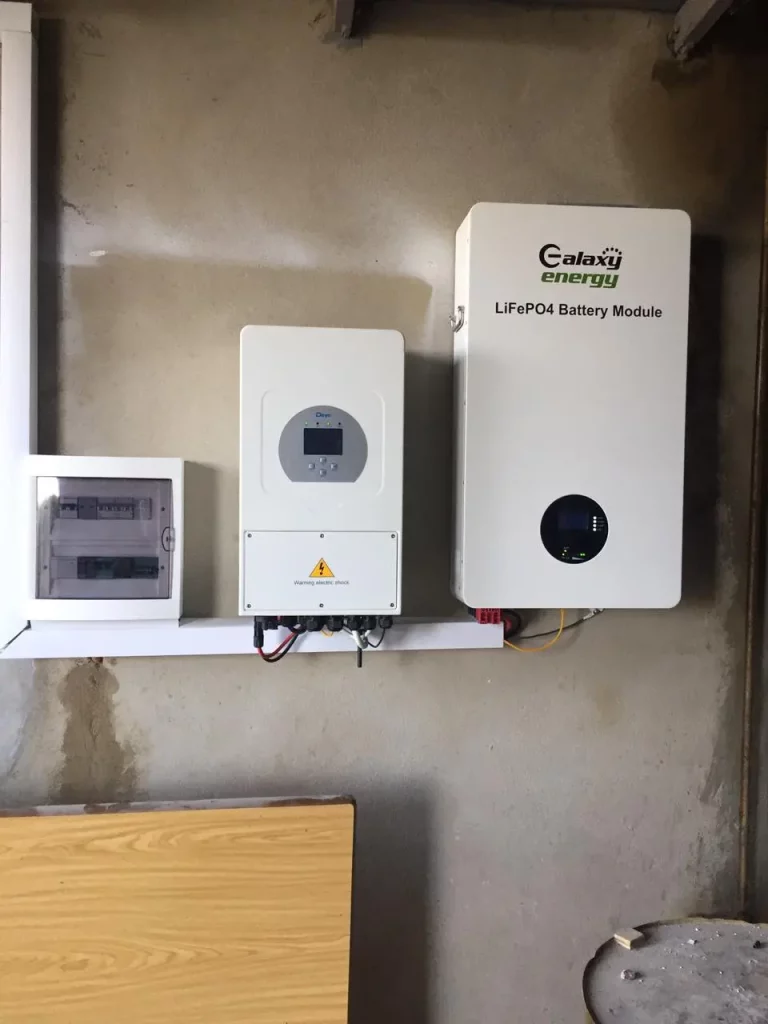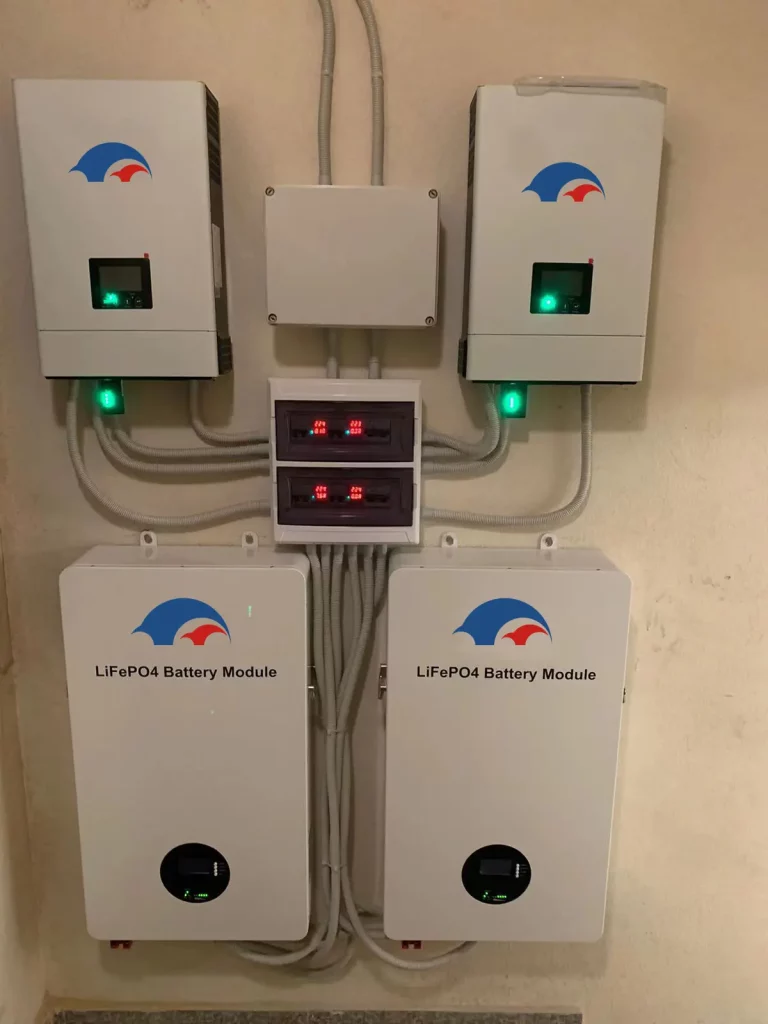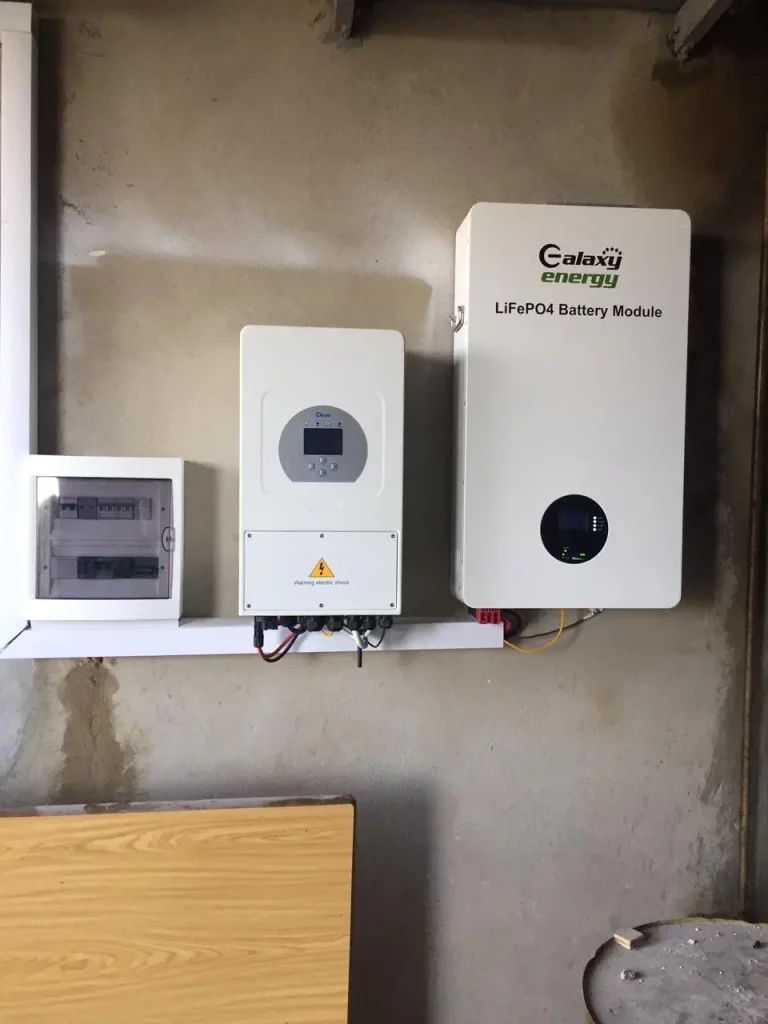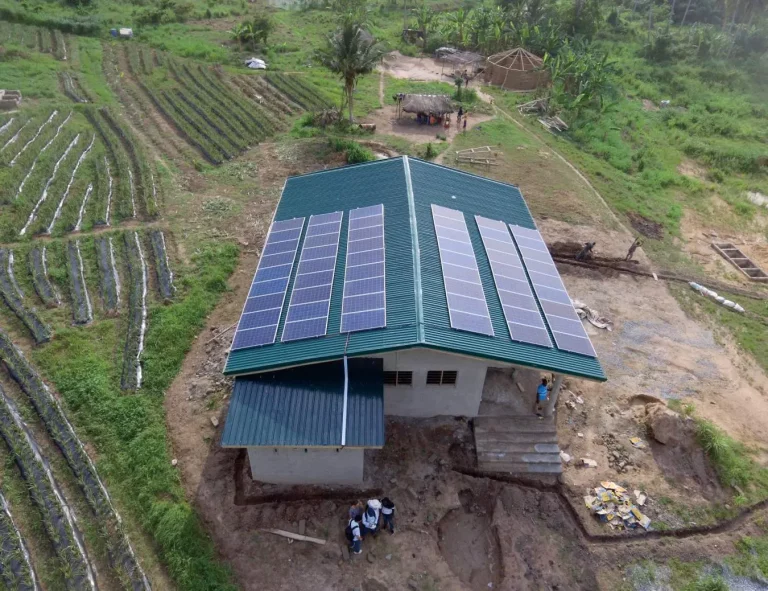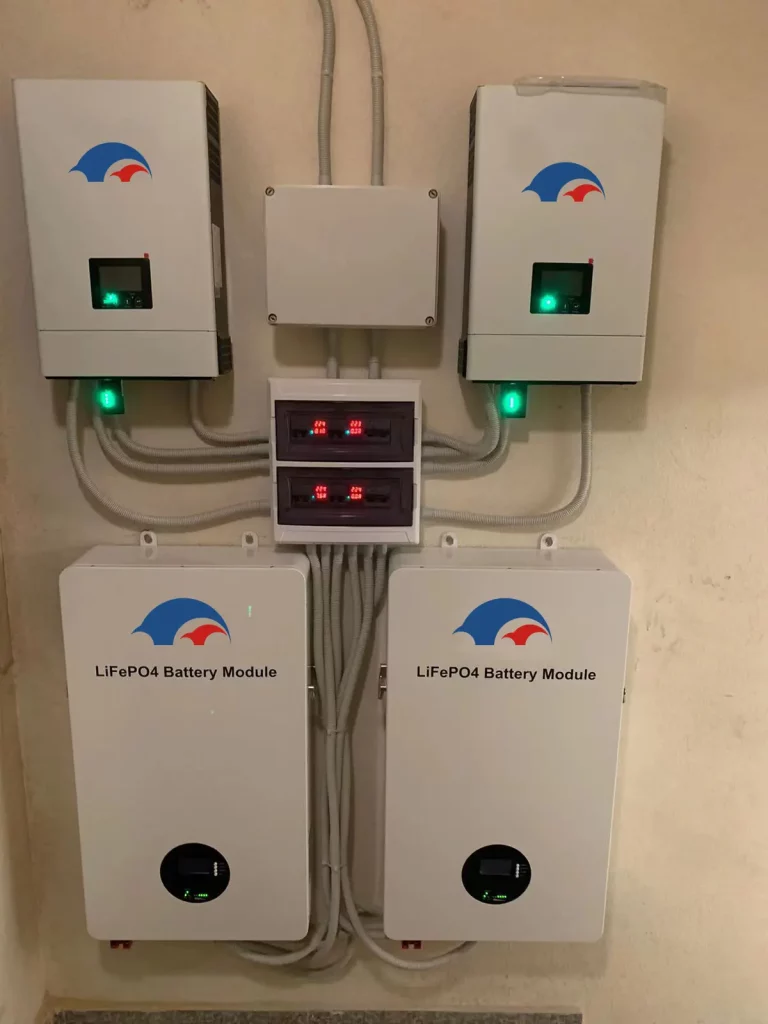In recent years, the demand for clean and sustainable energy solutions has been on the rise. As a result, home lithium battery storage systems have gained significant attention as a means to achieve energy independence. These innovative systems allow homeowners to store excess energy generated by renewable sources such as solar panels and wind turbines. In this article, we will explore the numerous advantages of home lithium battery storage and how it can revolutionize the way we power our homes.
Advantages of Home Lithium Battery Storage
- Enhanced Energy Efficiency
One of the primary benefits of home lithium battery storage is its ability to enhance energy efficiency. Traditional electricity grids experience transmission losses as electricity travel from power plants to homes. With a home battery system, energy generated by renewable sources can be stored locally, reducing the reliance on long-distance transmission and minimizing these losses. By optimizing energy usage and reducing wastage, homeowners can significantly increase their overall energy efficiency. - Energy Independence
Home lithium battery storage empowers homeowners to become more self-sufficient and less reliant on the conventional power grid. By storing excess energy during periods of high generation, such as sunny days or windy nights, homeowners can ensure a continuous supply of electricity even during power outages or when renewable sources are not actively generating. This energy independence provides peace of mind and safeguards against rising energy costs and disruptions in the grid. - Time-of-Use Optimization
Many utility companies offer time-of-use (TOU) pricing, where electricity rates vary depending on the time of day. With home lithium battery storage, homeowners can take advantage of this pricing model by storing excess energy when rates are low and using stored energy during peak-rate periods. This strategy allows homeowners to reduce their electricity bills by avoiding higher-priced electricity during peak demand hours. - Integration with Renewable Energy Sources
The integration of home lithium battery storage with renewable energy sources is a perfect match. Solar panels, for example, generate the most electricity during daylight hours when homeowners may not be consuming much energy. By storing surplus energy in lithium battery systems, homeowners can maximize the utilization of their solar power systems and minimize reliance on the grid. This integration paves the way for a cleaner, more sustainable energy future. - Reduced Environmental Impact
Utilizing home lithium battery storage systems contributes to reducing the environmental impact of traditional energy sources. By storing and using locally generated renewable energy, homeowners decrease their dependence on fossil fuels and contribute to a decrease in greenhouse gas emissions. Additionally, lithium battery technology itself has a relatively low environmental impact when compared to other battery technologies, making it an environmentally friendly choice.

Conclusion
Home lithium battery storage systems offer numerous advantages for homeowners seeking energy independence and a greener lifestyle. From enhancing energy efficiency and enabling energy independence to optimizing electricity usage and reducing environmental impact, these systems are revolutionizing the way we power our homes. With the rapid advancements in battery technology and decreasing costs, home lithium battery storage is becoming an increasingly viable option for households around the world. Embracing this technology can pave the way for a more sustainable and resilient energy future.



